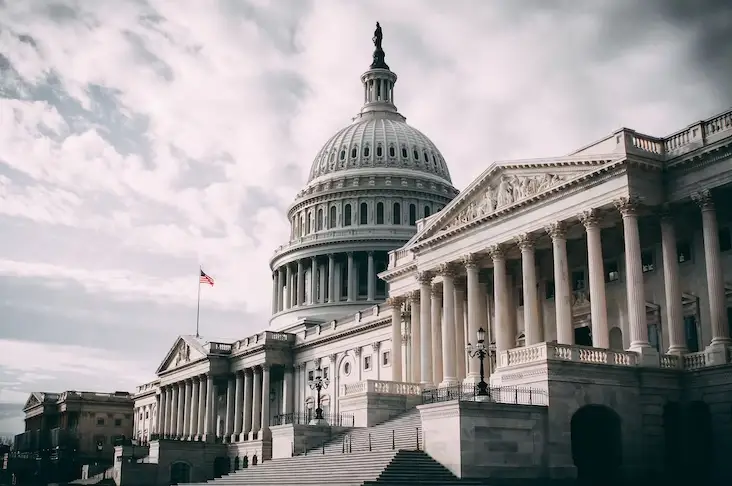Late Saturday it was announced that President Joe Biden and House Speaker Kevin McCarthy have reached a tentative agreement on raising the debt ceiling, ending a standoff which had threatened to throw the nation into a default.
According to several reports, the deal will raise the borrowing ceiling enough to last for two years, which will remove the issue from having any potential impact on the 2024 Presidential election cycle.
McCarthy noted the deal will also include “historic” spending limits which will remain in effect for the duration of that time period.
The deal arrived just days before the United States was expected to run out of money and begin to default on debt obligations. Treasury Secretary Janet Yellen had predicted a default could begin as early as June 5th.
After ironing out the details during two calls with President Biden on Saturday, McCarthy said, “We still have a lot of work to do but I believe this is an agreement in principle that is worthy of the American people.”
In a statement, President Biden said the “agreement represents a compromise, which means not everyone gets what they want.”
He added, “It is an important step forward that reduces spending while protecting critical programs for working people and growing the economy for everyone.”
Now the deal will go to Congress, where skeptical lawmakers on both sides of the aisle will have to be sold on its provisions and concessions.
Both the left and right have evinced deep reservations about various proposed concessions from both sides for weeks now. McCarthy did not reveal the details of the deal on Saturday, saying only he wanted to talk with his members first.
President Biden, meanwhile, spoke on Saturday with Senate Majority Leader Chuck Schumer, and House Minority Leader Hakeem Jeffries, the two Democrats who will be tasked with lining up the support of their parties in the two chambers of Congress.
One controversial issue the deal will address will be the imposition of work requirements in order to gain access to certain government programs, according to Kevin McCarthy. The issue was reportedly a stickling point until the final hour of negotiations.
Democrats have argued imposing work requirements will not affect the deficit, and would be cruel to the poor who need access to those programs.
Meanwhile Republicans have wanted much deeper spending cuts than were reportedly included in the deal, which is expected to leave many Republicans dissatisfied with the deal in the days ahead. Rep. Chip Roy (R-TX) has reportedly said of the deal, it “doesn’t sound like a deal that I can support.”
Speaker McCarthy has said that although some of the bill remains to be written, he will post the entire bill tomorrow, ahead of a likely vote in the House of Representatives on Wednesday.
President Biden said of the deal, “this agreement is good news for the American people, because it prevents what could have been a catastrophic default and would have led to an economic recession, retirement accounts devastated, and millions of jobs lost.”

